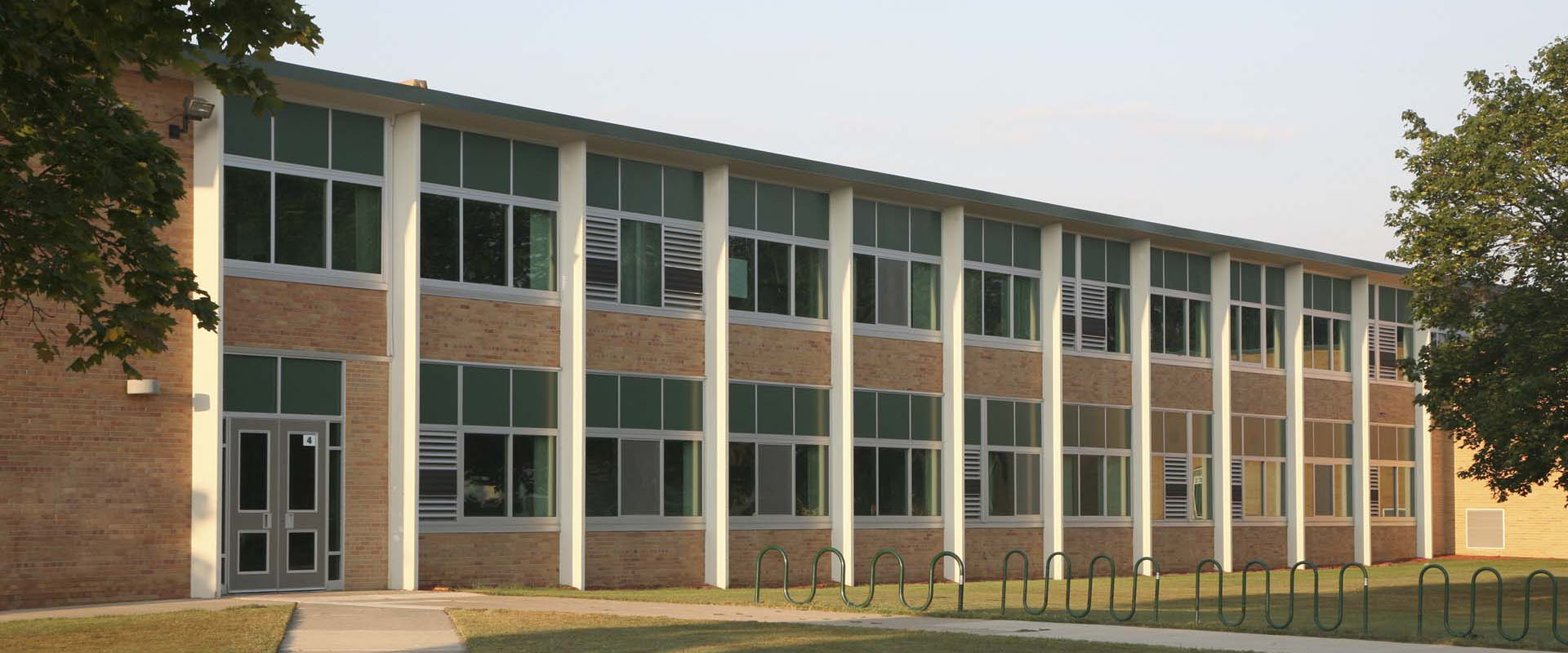AB 130 Significantly Impacts Charter Schools: Charter Term and Nonclassroom-based Moratorium Extensions Headline Key Updates

August 2021
Number 18
Governor Gavin Newsom has signed into law the 2021-2022 Education Omnibus Budget Trailer Bill, Assembly Bill (AB) 130 (Trailer Bill), imposing critical changes impacting charter schools and their authorizers. Notably, the Trailer Bill automatically extends the term of most charter petitions by two years. The Trailer Bill also extends the moratorium on nonclassroom-based charter schools by three years, to January 1, 2025.
Charter Term Extensions
All charter petitions that would otherwise expire between January 1, 2022 and June 30, 2025 will receive an automatic two-year extension of their charter term. The extension applies even to charter schools classified as “low-performing,” that may otherwise have been slated for non-renewal under AB 1505. The Legislature reasoned these automatic extensions are necessary because charter renewals are now based, in large part, upon State Dashboard data; due to the pandemic, verified academic data is scarce and the Dashboard has been suspended.
Authorizers should pay special attention to the following considerations in light of this new legislation:
AB 1505 (please see 2019 Client News Brief Number 49) imposed a moratorium on approving new nonclassroom-based charter school petitions, effective from January 1, 2020, to January 1, 2022. This moratorium is now extended to January 1, 2025, despite a record-breaking demand for distance learning modalities brought on by the COVID-19 pandemic. Authorizers should closely review new charter petitions received during the moratorium, to determine whether the charter school proposes to offer less than 80 percent of the instructional time at the school site. If so, the charter would fall under the definition of “nonclassroom-based instruction” under Education Code section 47612.5, and an authorizer would likely be prohibited from approving its petition during the moratorium.
Takeaways
Charter school authorizers should be particularly aware of two provisions of the AB 130 Trailer Bill: (1) the two-year automatic extension on certain existing charter school terms, and (2) the three-year extension of the moratorium on establishing nonclassroom-based charter schools. School districts and county offices of education are encouraged to examine current MOUs and other agreements with charter schools closely to ensure that they do not expire during the renewal period and consider how to address academic performance and oversight for charter schools over the term of the extension. Authorizers should also closely examine new charter petitions and determine whether it is appropriate to deny those proposing to offer a nonclassroom-based model.
The Trailer Bill imposes additional requirements on charter schools electing to offer independent study in the 2021-22 school year. Please see 2021 Client News Brief Number 14 for a discussion of these new requirements.
If you have any questions regarding these provisions of the Trailer Bill, or charter school petitions and renewals in general, please contact the authors of this Client News Brief or an attorney at one of our eight offices located statewide. You can also subscribe to our podcast, follow us on Facebook, Twitter and LinkedIn or download our mobile app.
Number 18
Governor Gavin Newsom has signed into law the 2021-2022 Education Omnibus Budget Trailer Bill, Assembly Bill (AB) 130 (Trailer Bill), imposing critical changes impacting charter schools and their authorizers. Notably, the Trailer Bill automatically extends the term of most charter petitions by two years. The Trailer Bill also extends the moratorium on nonclassroom-based charter schools by three years, to January 1, 2025.
Charter Term Extensions
All charter petitions that would otherwise expire between January 1, 2022 and June 30, 2025 will receive an automatic two-year extension of their charter term. The extension applies even to charter schools classified as “low-performing,” that may otherwise have been slated for non-renewal under AB 1505. The Legislature reasoned these automatic extensions are necessary because charter renewals are now based, in large part, upon State Dashboard data; due to the pandemic, verified academic data is scarce and the Dashboard has been suspended.
Authorizers should pay special attention to the following considerations in light of this new legislation:
- MOUs, Facility Use & Other Agreements: Existing memoranda of understanding (MOU), leases, facility use agreements, and other agreements with charter schools, authorizers, or external partners will not necessarily automatically extend. Authorizers are encouraged to review current written agreements relating to their charter schools to determine whether amendments are required to cover the extension period.
- Special Education Considerations: Authorizers maintain their responsibility to provide free and appropriate education (FAPE) with little to no interruptions to the students.
- Charter School Geographic Location: Under AB 1505 and 1507, certain charter schools improperly located outside the geographic boundaries of their authorizer were given through the end of their charter term to comply with the law and may now have additional time to come into compliance.
- Academic Performance & Oversight: Although charter schools classified as “low-performing” under AB 1505 renewal metrics may be subject to a term extension at this time, the obligation of these schools to provide quality education to students remains unchanged. Authorizers are encouraged to work collaboratively with charter schools in all performance categories, to gauge whether academic performance monitoring or oversight measures should be enhanced during the two-year extension period. To the extent such charter schools are not complying with the terms of their charters, revocation remains an option. Eventually, these charters will be back for renewal.
AB 1505 (please see 2019 Client News Brief Number 49) imposed a moratorium on approving new nonclassroom-based charter school petitions, effective from January 1, 2020, to January 1, 2022. This moratorium is now extended to January 1, 2025, despite a record-breaking demand for distance learning modalities brought on by the COVID-19 pandemic. Authorizers should closely review new charter petitions received during the moratorium, to determine whether the charter school proposes to offer less than 80 percent of the instructional time at the school site. If so, the charter would fall under the definition of “nonclassroom-based instruction” under Education Code section 47612.5, and an authorizer would likely be prohibited from approving its petition during the moratorium.
Takeaways
Charter school authorizers should be particularly aware of two provisions of the AB 130 Trailer Bill: (1) the two-year automatic extension on certain existing charter school terms, and (2) the three-year extension of the moratorium on establishing nonclassroom-based charter schools. School districts and county offices of education are encouraged to examine current MOUs and other agreements with charter schools closely to ensure that they do not expire during the renewal period and consider how to address academic performance and oversight for charter schools over the term of the extension. Authorizers should also closely examine new charter petitions and determine whether it is appropriate to deny those proposing to offer a nonclassroom-based model.
The Trailer Bill imposes additional requirements on charter schools electing to offer independent study in the 2021-22 school year. Please see 2021 Client News Brief Number 14 for a discussion of these new requirements.
If you have any questions regarding these provisions of the Trailer Bill, or charter school petitions and renewals in general, please contact the authors of this Client News Brief or an attorney at one of our eight offices located statewide. You can also subscribe to our podcast, follow us on Facebook, Twitter and LinkedIn or download our mobile app.
Disclaimer: As the information contained herein is necessarily general, its application to a particular set of facts and circumstances may vary. For this reason, this News Brief does not constitute legal advice. We recommend that you consult with your counsel prior to acting on the information contained herein.







